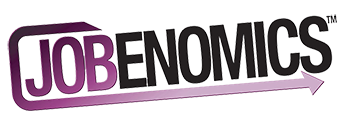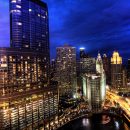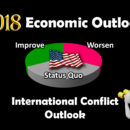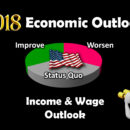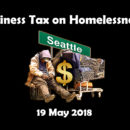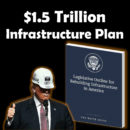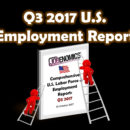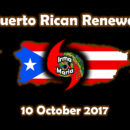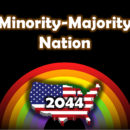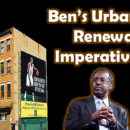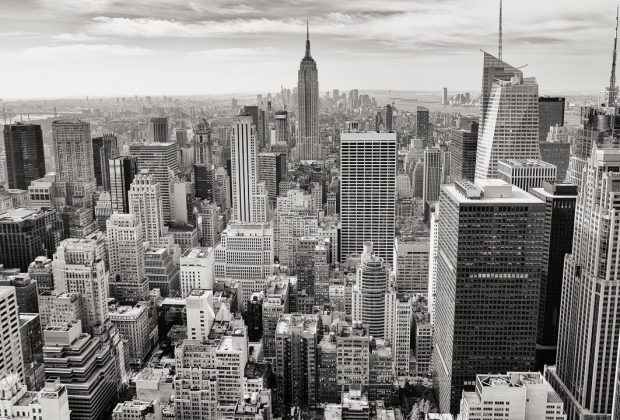
News on Jobenomics Baltimore City’s Minority-Owned Business Plan
Jobenomics: Baltimore City’s Minority-Owned Business Plan
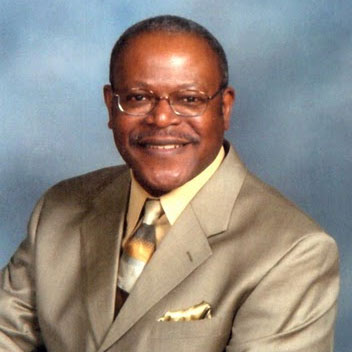
The Jobenomics Baltimore City plan continues in that tradition. Advocating for and developing a plan for small businesses that are connected to what the Jobenomics National Grassroots Movement is trying to achieve with local communities makes good sense.
Minority job and wealth creation are essential to American economic prosperity and social stability as the United States transitions from a White-majority nation to a minority-majority nation.
According to the U.S. Census Bureau, 2011 marked the first year in U.S. history that minority births exceeded White births. By 2020, more than 50% of all U.S. children are expected to be part of a minority race or ethnic group. By 2044, America will be a minority-majority nation. California, Texas, New Mexico and Hawaii are already minority-majority states—not counting the multiracial population. Baltimore is one of the many minority-majority cities in the United States. In West Baltimore, 13 of 14 neighborhoods are over 80% African-American
The solution to enhancing minority labor force participation and increasing wealth in minority communities involves minority-owned business creation. Minority-owned businesses are growing significantly faster than White-owned business, according to the 2015 U.S. Census Bureau’s Survey of Business Owners report.
The Census Bureau Survey of Business Owners also provides detail on sales, receipts and shipment values for all firms. Minority firms did extremely well. In 2007, minority-owned firms contributed approximately $1 trillion to the U.S. economy. In 2012, this amount increased by 53% to $1.6 trillion. Asian-owned sales, receipts and shipment values increased during this period by 57%, followed by Hispanic-owned by 48% and Black-owned by 38%. The 2017 Survey is likely to show even greater minority-owned business growth now that the U.S. economy is in a growth mode, albeit slowly.
Jobenomics sees tremendous future employment and revenue growth potential of minority-owned businesses given the significant rate of growth in minority populations and the rate of minority-owned business expansion over the last five years. Jobenomics believes that doubling minority-owned businesses from 8 million to 16 million is achievable within a decade, if communities implement initiatives to mass-produce highly-scalable small and self-employed minority-owned businesses. If only one-fifth of the 100,000 new jobs sought by Jobenomics Baltimore City, were part of a 10-person minority-owned business startup, 2,000 new small businesses would be created in West Baltimore alone.
We have major anchor institutions, government purchasing power, and corporate allies. We have creative entrepreneurial talent. Focusing on new small business creation and development should be a goal we all can agree upon.
The Rev. Dr. Alvin C. Hathaway Sr. is the senior pastor of Union Baptist Church in West Baltimore, Md. He is also the Commissioner of the Maryland Governor’s Workforce Investment Board and is working with Jobenomics Baltimore City.
